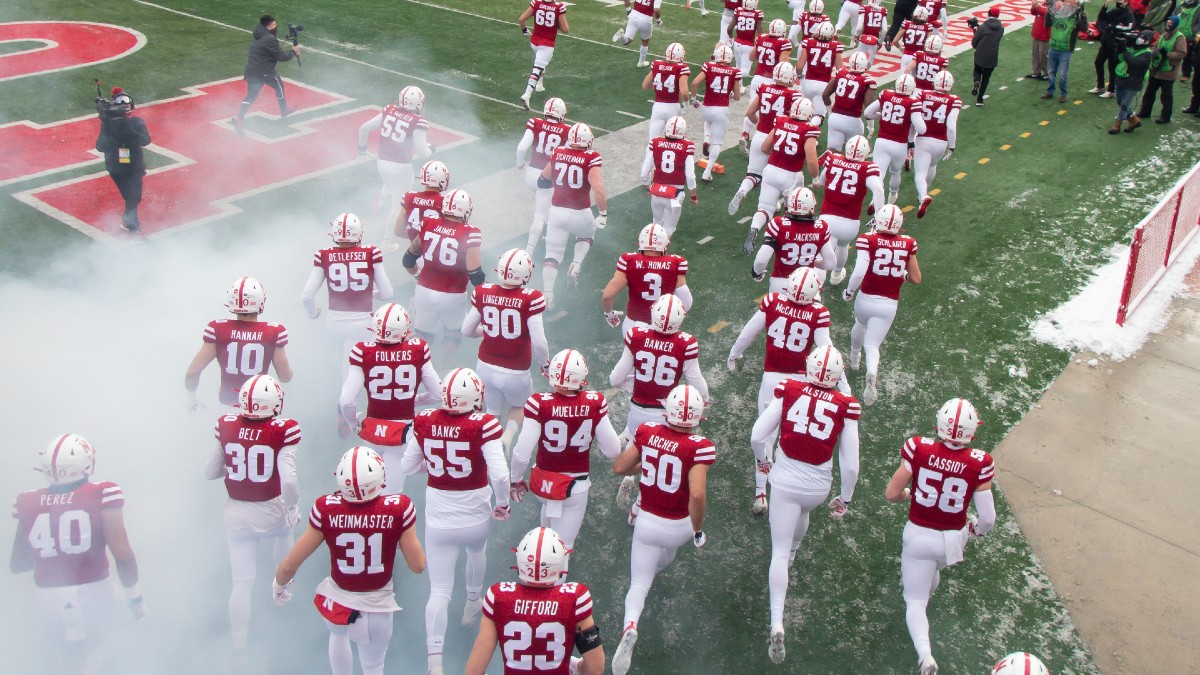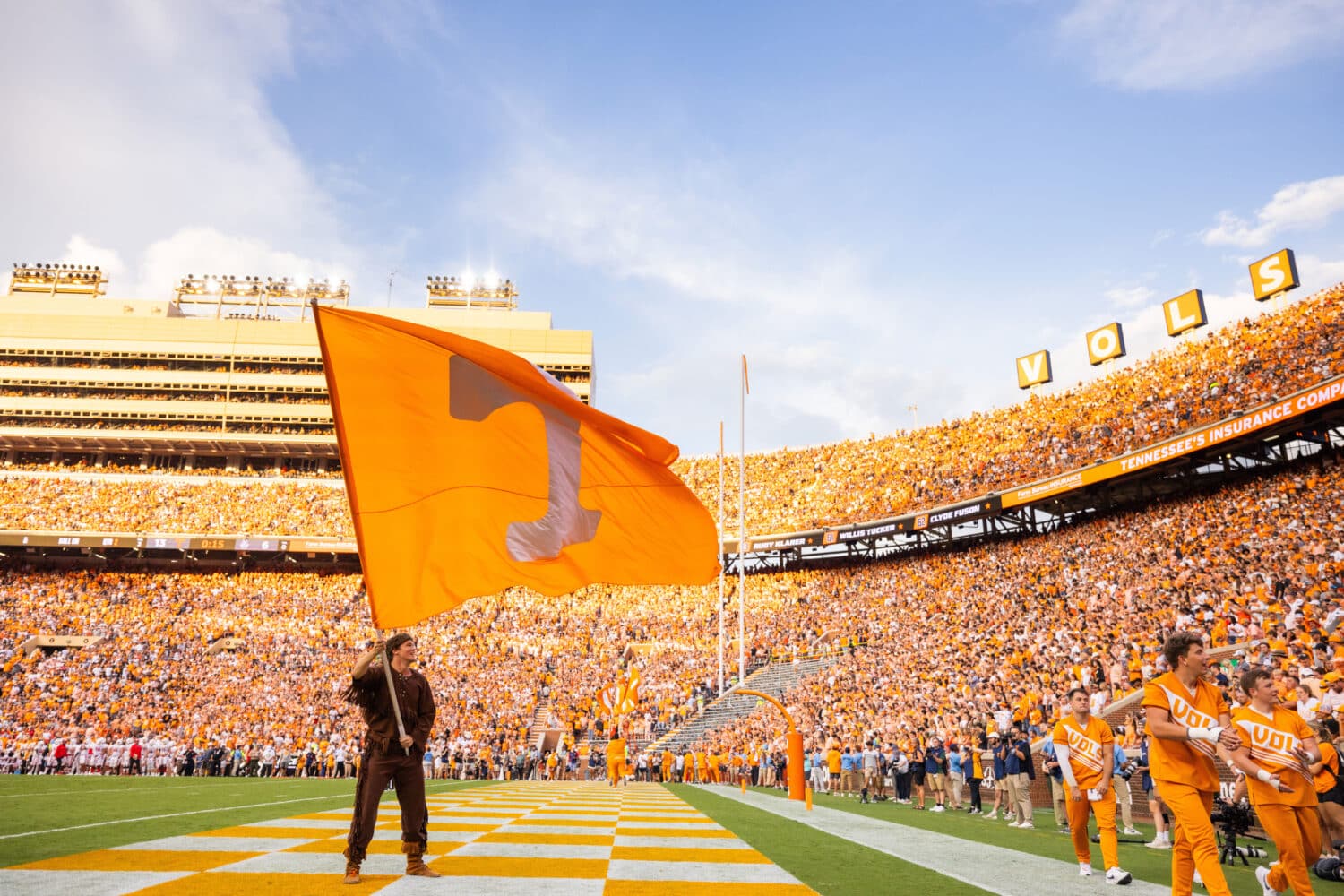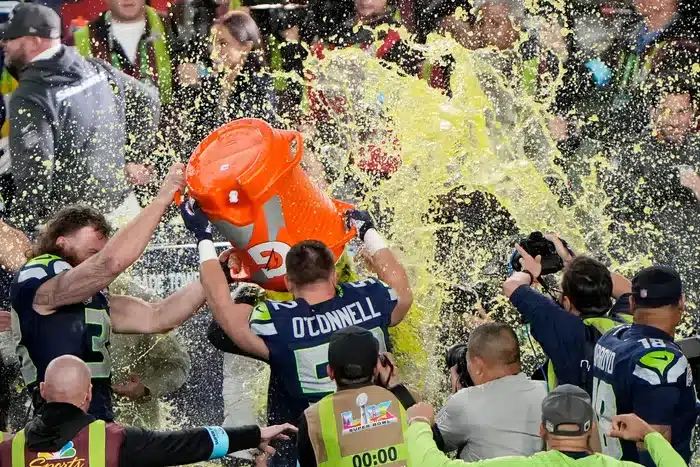
Ysleta del Sur Pueblo vs. Texas: SCOTUS set to hear oral arguments

Standoff has entered its fourth decade.
A long-simmering legal case is rearing its head today as oral arguments in the case Ysleta del Sur Pueblo vs. Texas are due to be heard before the United States Supreme Court.
While the ruling is not expected to be made public until June – when SCOTUS typically releases its major decisions for the year – today’s hearing marks yet another development in what has been an extended legal saga surrounding the rights of tribal entities to regulate gaming in their jurisdiction within the Lone Star State.
The history of this dispute is as convoluted as one would expect from an over three-decade-old legal battle, and it dates back to the earliest Supreme Court decisions allowing gambling on tribal lands.
In the seminal California vs. Cabazon Band of Mission Indians, the Court ruled that, while tribes could not cultivate forms of gambling that were prohibited statewide, if the given state allowed certain types of gambling, then that gambling could happen on the reservation unregulated by state law. In other words, the tribes have the autonomy to regulate gambling on their lands as long as the type of gambling was allowed throughout the state.
Congress’ Indian Gaming Regulatory Act (IGRA) of 1988 codified this ruling at the Federal legislative level.
The history of this dispute is as convoluted as one would expect from an over three-decade-old legal battle, and it dates back to the earliest Supreme Court decisions allowing gambling on tribal lands.
In the case of the Ysleta del Sur Puebla, this small reservation near El Paso maintains the right to continue operating a bingo-themed casino, unregulated by the Texas state government. The state challenges this right due to the nebulous history of the tribe’s jurisdictional status.
In 1968, this casino – which had been in the trust of the Federal Government – was transferred by Congress to the state of Texas. This lasted until 1983, when a lower court ordered that such a transfer of trust responsibilities was in violation of the Texas Constitution.
The next phase of the debate came in 1987, after Congress passed the Restoration Act, restoring the trust relationship between the tribe and the Federal Government. This occurred just after California vs. Cabazon Band of Mission Indians, which created the distinction set forth above concerning the rights of tribes to regulate their own gaming if it was legal statewide.
The question being debated today is whether the tribes (there is one more Texas tribe – the Alabama-Coushatta – in the same boat as the Ysleta del Sur Pueblo Indians) that are subject to the Restoration Act also fall under the distinction set forth by the IGRA.
The tribes believe they should, the state of Texas believes they should not.
Players trust our reporting due to our commitment to unbiased and professional evaluations of the iGaming sector. We track hundreds of platforms and industry updates daily to ensure our news feed and leaderboards reflect the most recent market shifts. With nearly two decades of experience within iGaming, our team provides a wealth of expert knowledge. This long-standing expertise enables us to deliver thorough, reliable news and guidance to our readers.






